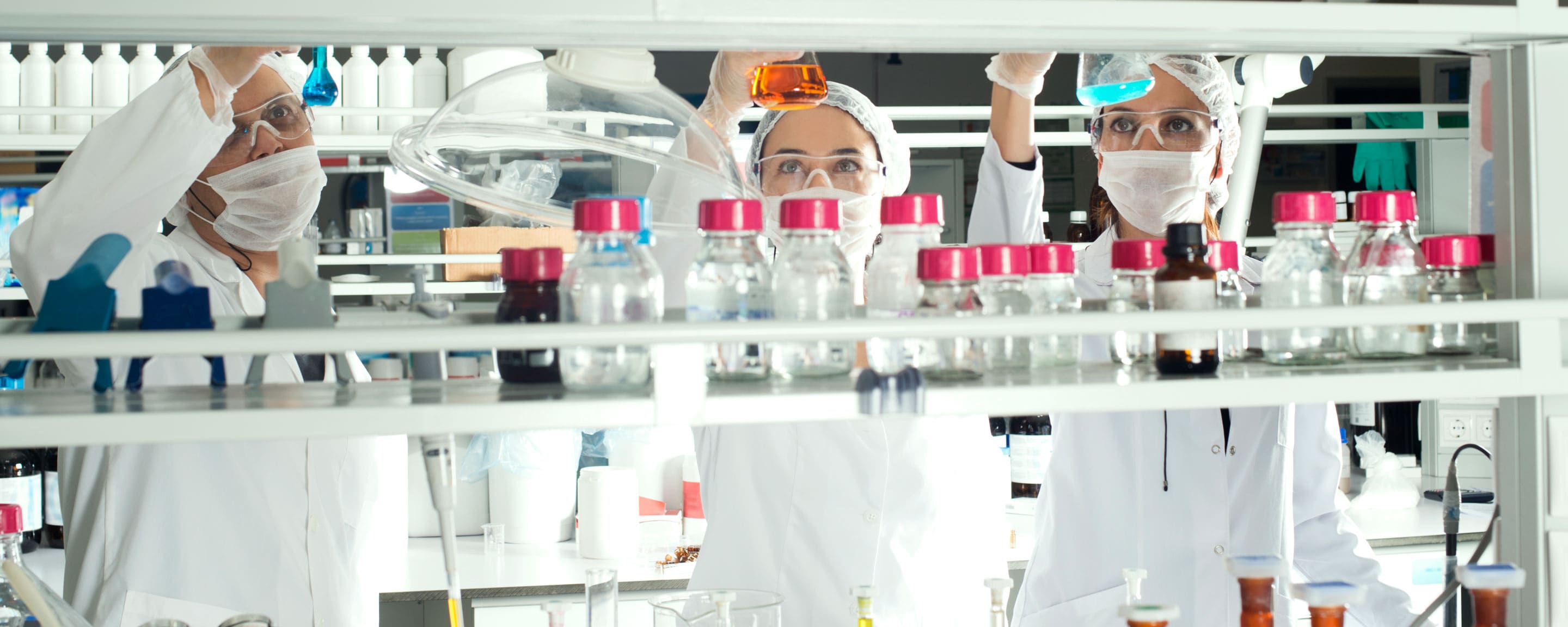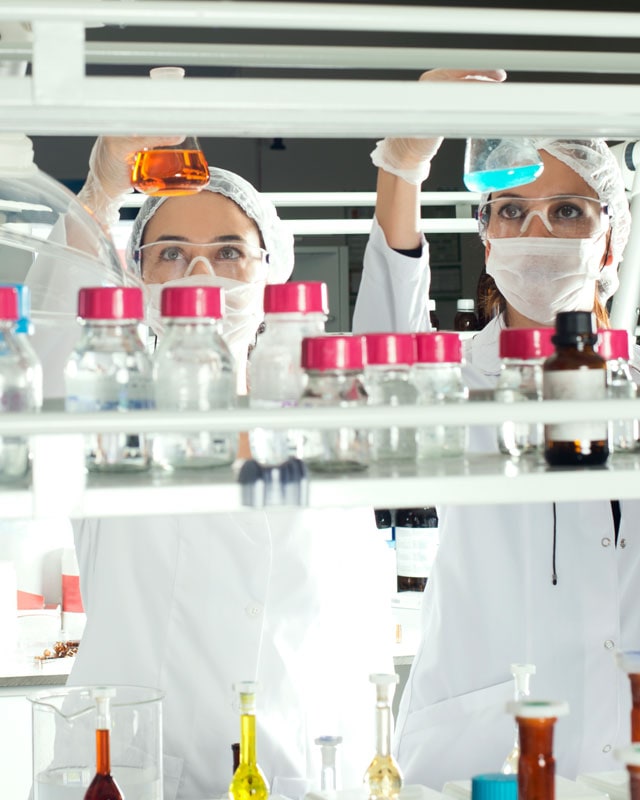Let's Connect!
Sign up to receive exclusive communications about offerings, events, news, surveys, special offers, and related topics via telephone, email and other forms of electronic communications.
We use the location you select to personalize the content on our website and provide you with relevant product pricing and availability information.


HYDRANAL™ Laboratory Report L 141
It is not possible to reproduce water determination in DMSO because it alters the stoichiometry of the Karl Fischer (KF) reaction. This shortcoming becomes even greater as the number of samples increases.
We tested the water content in different DMSO sample quantities according to the following procedure. 30 mL of Hydranal-Methanol Rapid, Hydranal-Methanol dry or Hydranal-CompoSolver E were introduced into the titration vessel and titrated to dryness with Hydranal-Composite 5. The sample (or sample plus water) was then added and titrated with Hydranal-Composite 5.
Results are compared in the tables below.
Table 1. Water determination in various DMSO sample quantities
| DMSO sample volume | Hydranal-Composite 5 consumption |
Water quantity detected |
Water content detected |
| 1.0 mL | 0.08 mL | 0.44 mg | 0.044% |
| 2.0 mL | 0.14 mL | 0.77 mg | 0.038% |
| 5.0 mL | 0.19 mL | 1.05 mg | 0.021% |
| 10.0 mL | 0.35 mL | 1.93 mg | 0.019% |
| 20.0 mL | 0.62 mL | 3.41 mg | 0.017% |
Table 2. Different sample quantities of DMSO added to a defined water quantity (20.0 mg)
| Sample | Hydranal-Composite 5 consumption |
Water quantity detected |
Recovery rate |
| 20 mg H2O | 3.81 mL | 20.00 mg | 100.0% |
| 20 mg H2O + 1.0 mL DMSO | 3.80 mL | 19.95 mg | 99.75% |
| 20 mg H2O + 2.0 mL DMSO | 3.77 mL | 19.79 mg | 98.95% |
| 20 mg H2O + 5.0 mL DMSO | 3.71 mL | 19.48 mg | 97.40% |
| 20 mg H2O + 10.0 mL DMSO | 3.49 mL | 18.32 mg | 91.60% |
| 20 mg H2O + 20.0 mL DMSO | 3.38 mL | 17.74 mg | 88.70% |
Coulometric tests gave comparable findings:
Control conditions with Hydranal-Water Standard 1.0 (added water quantity: 1000 ppm) in the presence of DMSO produced the following results:
The volumetric and coulometric water content determination tests were carried out with two different samples.
The problem was picked up again in a series of subsequent tests. We ascertained that it is alsoimpossible to perform indirect determination in a KF oven. A temperature ramp from 50°C to 250°C showed that the water is released by azeotropic distillation at temperature between 130°C and 190°C. It is impossible to separate the water from the DMSO. The titration vessel is
influenced in the same way as by direct injection of the sample. The error is comparable to the effect described for direct injection.
Conclusion
As a result of the various facts, the recommendation must be made that no more than 1 mL of DMSO should be analyzed. The injection of several samples in a coulometric cell should be avoided. Addition of a 1000 ppm standard shows the current effect on the titration vessel.
Sign up to receive exclusive communications about offerings, events, news, surveys, special offers, and related topics via telephone, email and other forms of electronic communications.

We are having trouble login you to the bot, Please logout and login again using following link. Logout